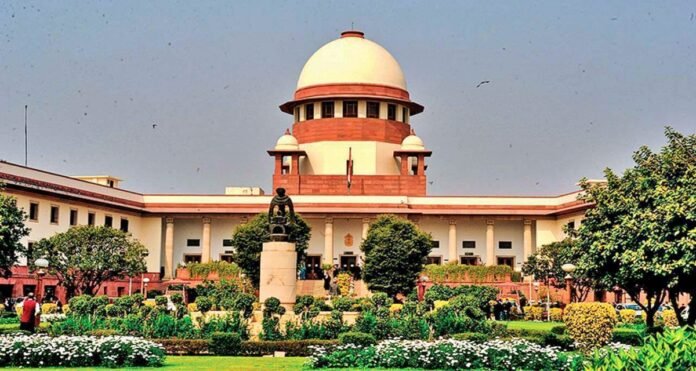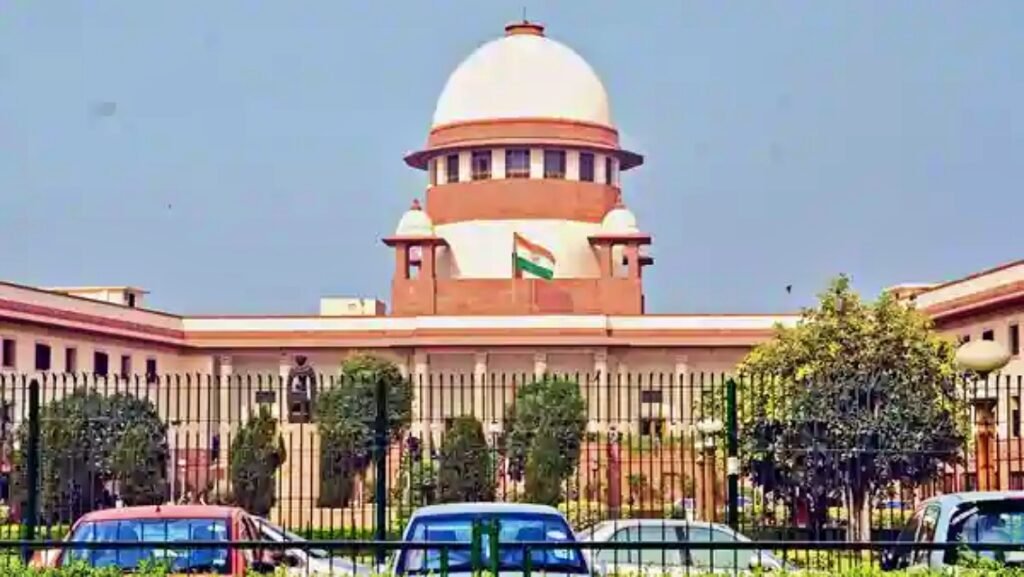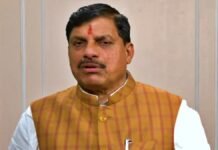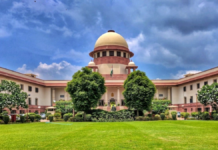
New Delhi: The Constitution Bench of the Supreme Court ruled that the appointment of the Election Commissioners and the Chief Election Commissioner should be done by a committee consisting of the Prime Minister, the Leader of the Opposition, and the Chief Justice of India. While giving the order, the Supreme Court said that the CEC and EC will be appointed by a committee consisting of the PM, CJI, and Leader of the Opposition. Apart from this, the court also said that CEC and EC should have common protection and removal process.
In fact, a petition was filed in the Supreme Court regarding the appointment of the Chief Election Commissioner and Election Commissioners in a fair and transparent manner, after hearing which the court had reserved its decision. A five-judge constitution bench comprising Justices KM Joseph, Justices Ajay Rastogi, Aniruddha Bose, Hrishikesh Roy and CT Ravikumar has given a major verdict while hearing the case. The Supreme Court said that the Election Commissioners should be given the same protection as the CEC.
The Supreme Court, in a unanimous decision, stressed ensuring fairness in election procedures, saying that democracy is linked to the will of the people. The Supreme Court said that the Election Commissioners and the Chief Election Commissioner would be appointed by the President on the recommendation of a committee of the Prime Minister, the Leader of the Opposition in the Lok Sabha, and the Chief Justice of India.
The Supreme Court, while hearing the matter related to the appointment of Election Commissioners and Chief Election Commissioner, said that in a democracy, fairness should be maintained in elections, otherwise it would have disastrous consequences.
Why did the question emerge on the appointment of the Election Commissioner?
Earlier, the apex court had questioned the haste shown by the Center in appointing former bureaucrat Arun Goel as Election Commissioner, saying his file was passed through departments with lightning speed in 24 hours. However, the central government strongly opposed the observations of the apex court. Attorney General R Venkataramani had argued that the entire matter relating to his appointment needed to be looked at in its entirety.
The top court had asked how the Union Law Minister chose a panel of four names recommended to the Prime Minister for appointment as Election Commissioners when none of them has completed the prescribed six-year term in office. The tenure of the Election Commission under the Election Commission Act, of 1991 is applicable for six years or till the age of 65 years, whichever is earlier.

The Supreme Court had interfered with the appointment of Arun Goel as the Election Commissioner. The court had sought original records relating to the appointment of Arun Goel as the Election Commissioner. The top court had questioned the central government as to how Arun Goyal was appointed as the Election Commissioner. The bench had said that it only wanted to understand the system.
How was the election commissioner appointed till now?
The Election Commissioner is appointed by the President on the recommendation of the Prime Minister and the Cabinet. It is generally seen that this recommendation gets the approval of the President. Because of this, questions have been raised regarding the appointment of the Election Commissioner. The Election Commissioner has a fixed tenure, in which retirement is given after 6 years or depending on his age (whichever is higher). The maximum age of retirement as an Election Commissioner has been fixed at 65 years. That is, if someone becomes the Election Commissioner at the age of 62, then he will have to leave this post after three years.















































